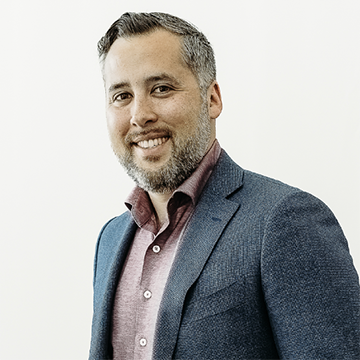NUMAT Taking Innovation From Lab to Market
Delivering Precision Chemistry for Human Health and the Environment

Benjamin Hernandez, McC ‘06, KSM ‘13, PSL ‘13, Numat CEO
In 2012, Benjamin Hernandez was a JD/MBA student at Northwestern University with grand visions of launching his own company. It was then Hernandez encountered a chemical engineering PhD student named Chris Wilmer.
Wilmer was using computational tools to design and discover materials for industrial sustainability – materials then crafted and tested in the lab of Northwestern chemistry professor Omar Farha. With the cost of computing power falling and unlocking profound opportunities for science, Hernandez was intrigued. He believed the workflows being tested in Northwestern’s labs had compelling industrial applications.
Within months, Hernandez co-founded Numat Technologies with Farha and, with an interdisciplinary team, entered the company into various business plan competitions. Numat netted more than $1 million in winnings, including capturing top honors at the first-ever U.S. Department of Energy National Clean Energy Business Plan competition.
Numat also began working with INVO to structure licensing agreements with Northwestern to bring the novel technology to market. It was one of the earliest examples of a student-led company working
to commercialize a Northwestern-developed technology.
With licensing in hand, Numat pitched investors, completed its first round of funding, and built momentum that continues into the present day, where Numat is a fast-growing company with global operations and an unapologetic mission to reduce the negative impacts of chemical products and processes on human health and the environment.
The market leader in metal-organic frameworks – a transformative chemistry platform compatible with existing products and processes to capture hazardous chemicals with incredible precision – Numat is building the world’s first industrial-scale manufacturing campus dedicated to these precision chemistries in Chicago.
“INVO was forward thinking and showed a willingness to license the technology to graduate students, which was very unusual at the time,” said Hernandez. “They took the risk with us and helped structure the licensing agreements that allowed us to create an investable company working on a problem that matters.”